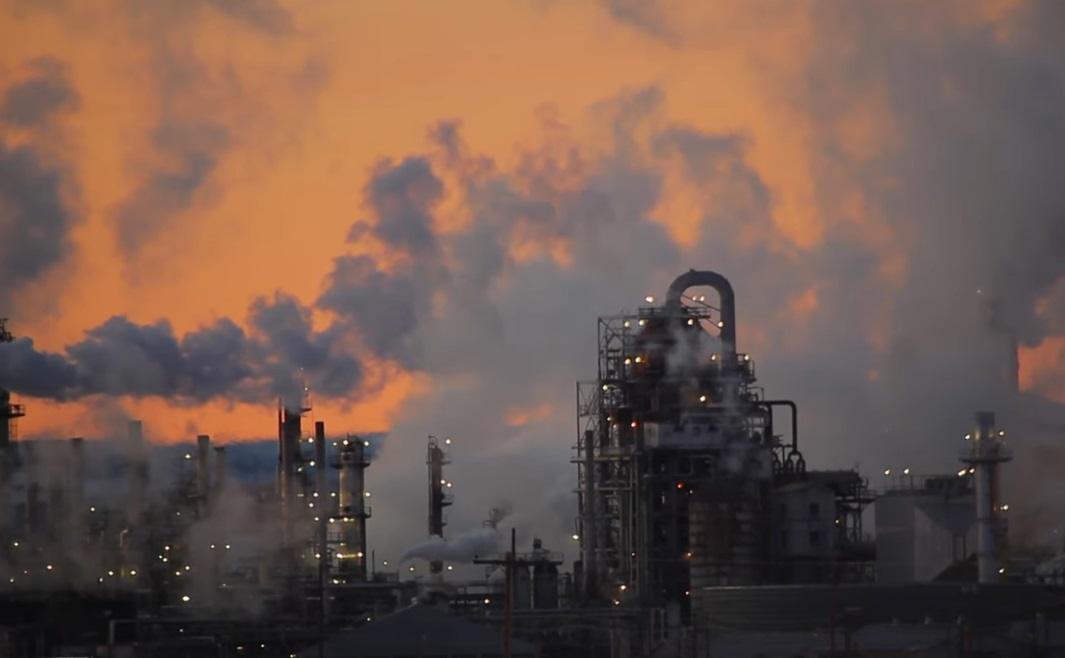
The US Environmental Protection Agency (EPA) has announced plans to repeal a set of regulations designed to reduce greenhouse gas emissions and pollution from fossil fuel-based power plants. The EPA claims that these emissions “do not contribute significantly to dangerous air pollution” as defined by current regulations.
The electric power sector is responsible for about 25% of US greenhouse gas emissions, according to a 2022 estimate by the EPA. This move is part of a broader effort by the Trump administration to relax regulations on the fossil fuel energy sector, reversing the Biden administration’s push towards clean energy and decarbonisation.
The EPA’s statement explained that the regulations put in place during the Biden era have significantly increased costs for coal, oil, and gas-fired power plants, affecting household expenses, grid reliability, and the US energy industry’s prosperity.
Among the targeted regulations are those established during the Biden and Obama administrations under the Clean Air Act, as well as the 2024 Mercury and Air Toxics Standards (MATS) for coal-fired plants. Originally implemented in 2015, the Clean Power Plan aimed to limit CO2 emissions from coal and natural gas power plants, encouraging a transition to cleaner energy sources like natural gas and renewables.
However, the US Supreme Court ruled in 2022 that the EPA lacked authority to set emissions caps encouraging a shift to low-emission energy sources. In response, the Biden administration implemented new standards requiring more stringent CO2 controls at power plants and mandating carbon capture and storage (CCS).
The new proposals would eliminate the 2015 emissions standards for new fossil fuel-fired power plants and revoke Biden’s additional rules. The EPA argues that the targeted emissions are global rather than local pollutants, and that health harms from GHG emissions have not been precisely linked to the US power sector. The agency estimates that repealing these rules would save the power sector about $1.2 billion annually, or $19 billion over two decades.
Furthermore, the EPA proposes amendments to MATS, including stricter particulate matter and mercury standards for coal plants and continuous emissions monitoring, predicting these changes could save $1.2 billion in regulatory costs over ten years.
Critics, including sustainability groups, have condemned the proposals. Shaun Goho, legal director at Clean Air Task Force (CATF), stated that these measures are detrimental to public health and the climate and only serve to support some of the most polluting power plants in the country. According to Goho, these standards are crucial for protecting public health and the environment using the most current scientific data, and the repeal could have severe consequences for the American public.




